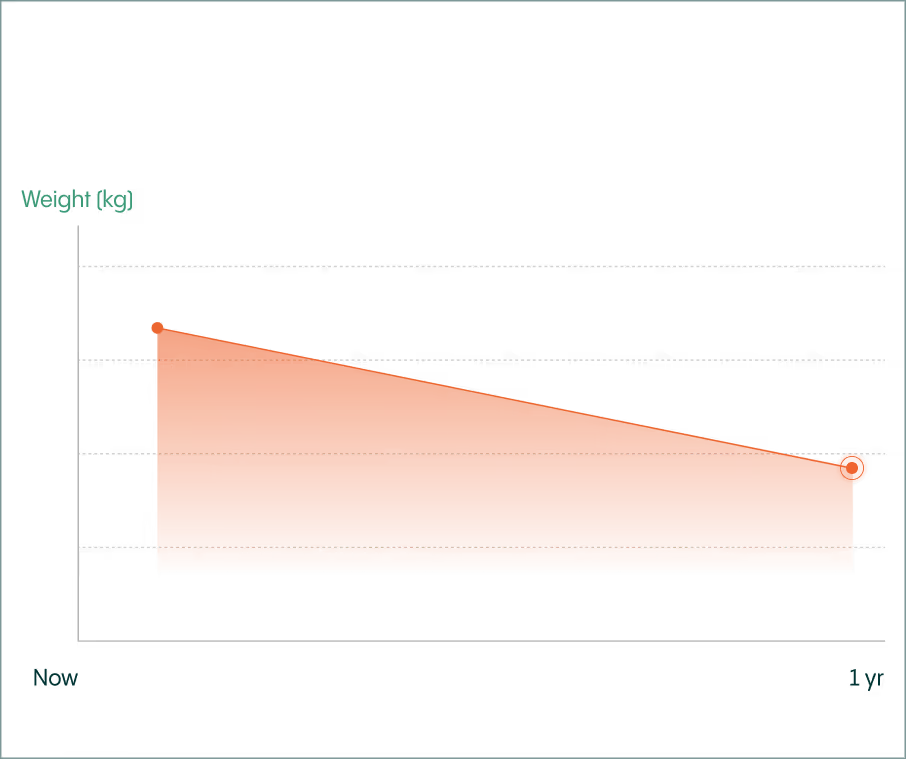

A single serving of a McDonald's Big Mac typically packs around 550 calories. This quintessential fast-food burger, known for its special sauce and sesame seed bun, often raises questions about its nutritional value. This comprehensive guide will explore the calorie content, nutritional breakdown, and health implications of McDonald's meals, specifically, the Big Mac.
Ingredients and Additives:
Health Benefits: McDonald's burgers, like the Big Mac, offer a solid amount of protein, essential for muscle repair and growth. The lettuce and onions provide a small amount of dietary fibre and nutrients.
Health Risks: Frequent consumption of McDonald's, especially due to its high saturated fat and sodium content, could pose health risks such as increased heart disease and hypertension risk.
To burn the 590 calories from a serving of a Big Mac, consider these exercises:
- Jogging for about 50 minutes
- Cycling at a moderate pace for 70 minutes
- Swimming laps for 45 minutes
It largely depends on your overall diet and lifestyle. Moderation is key. Incorporating it occasionally, perhaps once a month, can be part of a balanced diet. It's crucial to balance these meals with lower-calorie foods and regular physical activity.
For instance, if your daily calorie needs are 2000 calories, one serving of a Big Mac (590 calories) constitutes about 29.5% of your daily intake. Managing your calorie balance effectively involves regular physical activity and mindful eating.
Yes, weight loss involves balance and moderation. McDonald's can fit into a weight loss diet if consumed responsibly. Consider controlling portions, selecting lighter menu options, or customising orders to reduce calorie intake.
Remember, enjoying your favourite fast foods (like the Big Mac) without gaining weight is about integrating these foods into your overall dietary pattern in a mindful way. Balanced nutrition and regular physical activity are foundational to maintaining a healthy weight.
Looking for a general indicator of your body fat levels? Use our interactive BMI calculator for a quick health check!
Struggling with the balance between enjoying fast food and maintaining a healthy weight is a common challenge. Our Slim Shots, designed for those with a BMI over 30, can help control your appetite, making it easier to enjoy meals without overeating.
Start your journey towards a healthier you today, without sacrificing the foods you love!



Articles featured on Noah are for informational purposes only and should not be constituted as medical advice, diagnosis or treatment. If you have any medical questions or concerns, please talk to your healthcare provider. If you're looking for a healthcare provider, click here.